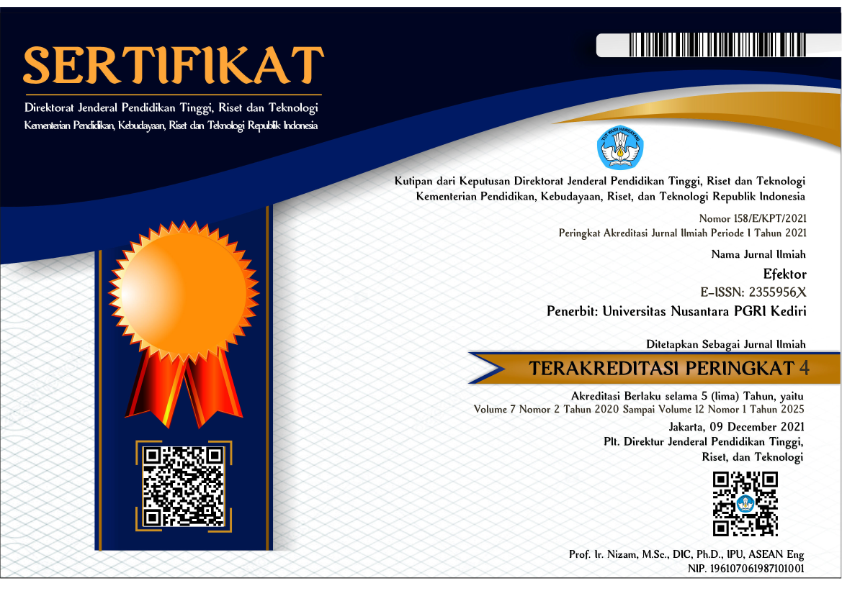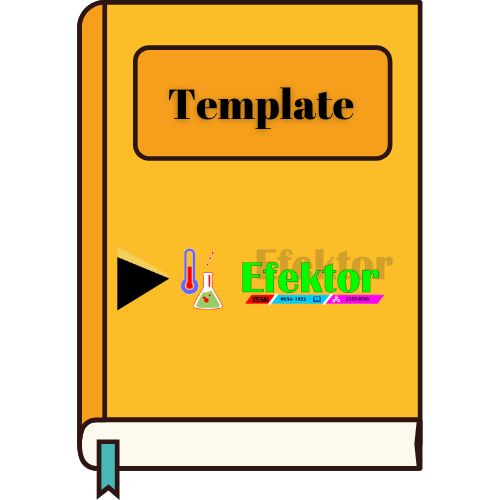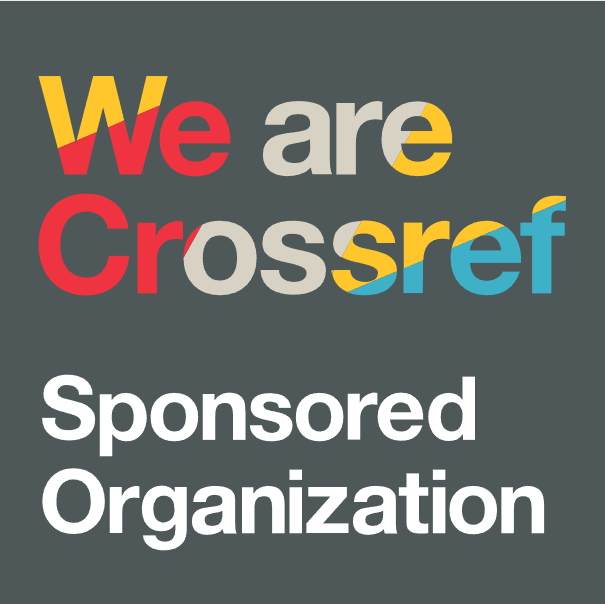MODEL TADZKIRAH DALAM MENUMBUHKAN DAN MENGEMBANGKAN NILAI NILAI KARAKTER ANAK USIA DINI
DOI:
https://doi.org/10.29407/e.v4i1.744Abstract
The purpose of this study was to develop a tadzkirah model in growing and developing the values of character. Basically the values of the characters is very difficult to be developed in the absence of appropriate learning strategies. An educator in early childhood education must have knowledge and skills in developing learning models appropriate to the level and condition of the students. This study uses the development of Borg and Gall and the quantitative and quantitative approaches. The model will be validated by three experts that expert learning model, a Science and instructional design experts. The research was conducted in early childhood education institutions Tabroni Kediri. The results of this study states that the model Tadzkirah Very suitably carried by a teacher because it can develop character values early childhood. Tadzkirah model is show exemplary, give guidance, give encouragement or motivation, followed by intent clean (educating), with the process of habituation always reminded, repeated over and done reflection, organizing the knowledge and experience of students and full of tenderness (affection) ,
References
Bruce Joyce, Marsha Weil, Emily Calhoun, 2011, Models of Teaching “Modul Model Pengajaran, cetakanke-II,Jogjakarta: Pustaka Pelajar
Budimansyah, Dasim dkk, 2010, Pembelajaran Aktif, Kreatif, Efektif dan Menyenangkan, Bandung:Genesindo
Borg dan Gal, 1983,Educational Resead and Develepment.Elmubarok Z, 2009, Membumikan Pendidikan Nilai, Bandung: Alfabeta.
Harini, Sri, 2003, Mendidik Anak Sejak Dini, Jogjakarta: Kreasi WacanaKailan M.S., Metode Penelitian Kualitatif Bidang Pendekatan Filsafat, (Yogyakarta : Paradigma,2005).
Checkland, P., dan Scholes, J. 1990.Soft System Methodology in Action.Chichester:JohnWiley and Sons, Inc.Kohlberg, Lawrence, 1992, Tahap-Tahap Perkembangan Moral (Alih Bahasa John De Santo dan AgusCremes SUD), Yogjakarta: Kanisius.Lickona, T, 2013, Educating for Character :How Our School Can Teach Respect and Responsibility,NewYork, Bantam Book.MillesdanHuberman.AnalisisDatakualitaatif,terjemahanTjetjepRohendiRohidi. Jakarta:UniversitasIndonesiaPress.
Moleong, 2007, Metode Penelitian Kualitatif, edisi revisiBandung : PT RemajaRosdakarya.
Tafsir, Ahmad, 2013, Metodologi Pengajaran Agama Islam, Cetakan ke-12, Bandung: PT. RemajaRosdakarya.
Uno, H Hamzah, B.Masri, Kuadrat Umar, 2009, Mengelola Kecerdasan Dalam Pembelajaran, Jakarta:Bumi Aksara
Downloads
Published
Issue
Section
License
Authors who publish with this journal agree to the following terms:
- Copyright on any article is retained by the author(s).
- The author grants the journal, the right of first publication with the work simultaneously licensed under a Creative Commons Attribution License that allows others to share the work with an acknowledgment of the work’s authorship and initial publication in this journal.
- Authors are able to enter into separate, additional contractual arrangements for the non-exclusive distribution of the journal’s published version of the work (e.g., post it to an institutional repository or publish it in a book), with an acknowledgment of its initial publication in this journal.
- Authors are permitted and encouraged to post their work online (e.g., in institutional repositories or on their website) prior to and during the submission process, as it can lead to productive exchanges, as well as earlier and greater citation of published work.
- The article and any associated published material is distributed under the Creative Commons Attribution-ShareAlike 4.0 International License













